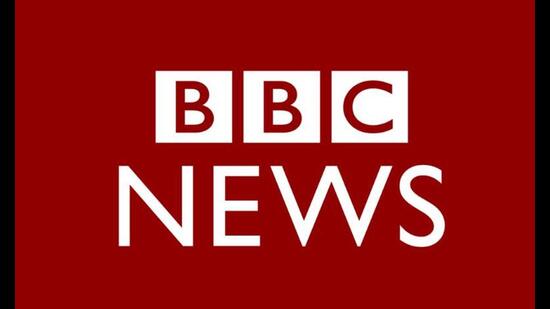How BBC’s ties with India have evolved
It is hard to get the BBC to apologise, but in the current case, India needs to realise that the BBC does not spew out colonialist propaganda. It’s a journalists’ organisation, and millions of Indians choose to listen to and watch it
The trouble the BBC finds itself in with India over its two-part documentary reminds me of earlier rows that occurred during the years that I worked there. I don’t know what the BBC’s reaction would be if I told a few of the stories, but perhaps the Indian government and the broadcaster could learn from them.

In 1969, I left India at the end of my first posting for the BBC to head the Hindi and Bengali services in London’s Bush House. The Indian high commission was next door, so news of a heated, meant to be a secret, negotiation on a TV series by French film director Louis Malle reached us. It was highly praised when shown by the French channel ORTF, but Indian officials thought it was demeaning to the country by its portrayal of poverty. India told the BBC to cut the series. We didn’t, and my successor, Ronnie Robson, was expelled. This left the BBC without an office in India during the 1971 India-Pakistan war, which led to the creation of Bangladesh. This was not an ideal situation for India.
Four years later, Indira Gandhi imposed a stringent Emergency, which included a code for foreign correspondents. Almost all foreign correspondents refused to subscribe and were given 24 hours to leave the country. Back in London, Swaraj Paul or Lord Paul as he now is, an Indian Briton close to Gandhi, realised how damaging this would be for her and persuaded her to send the information minister to London to negotiate our return. The minister was so aggressive — some said offensive — that the BBC called off the negotiations and sent my wife to Delhi to close our house and office. Not much later, Gandhi declared an election and lifted the ban, so I returned.
Over the years, as the BBC’s Delhi correspondent, I had many discussions with the ministry of external affairs officials about programmes the BBC wanted to make.
One I was sure we would lose was a request to make a film on the life of Scheduled Tribes or Scheduled Castes. This was banned by law. But the producer had worked as an anthropologist in India and was well-known and respected. We got the clearance. But when I read a front-page headline in Navbharat Times, BBC Aashlil Filming Karte Hain (BBC doing obscene filming), I wished we hadn’t. When I complained to the paper’s editor, he said, “What are you so worried about, we are only a Hindi paper.”
Then there was the film about an engineer from the Thames cleaning project coming to India to join the team cleaning the Ganga. An official was blocking its clearance because he thought the Thames man would get the credit, and the Indians would look incompetent. I assured him that the Thames man would have only a minor role. Imagine what he thought when he read later that the film was to be called Thameswala.
Then BBC chairman Marmaduke Hussey wanted to visit India when there was a complaint about a film on Rajiv Gandhi called The Pilot Prime Minister. For once, the BBC agreed to apologise for what was an unfair film. We still got clearance for the visit, provided Hussey agreed to apologise to everyone he met.
Everything went well until we came to the top man, the minister for information and broadcasting.
When Hussey stood up to go, he was reminded that he had to apologise. It is hard to get the BBC to apologise, but in the current case, India needs to realise that the BBC does not spew out colonialist propaganda. It’s a journalists’ organisation, and millions of Indians choose to listen to and watch it.
The view expressed are personal
All Access.
One Subscription.
Get 360° coverage—from daily headlines
to 100 year archives.



HT App & Website






